In anticipation of UN-sponsored peace talks in Kuwait, UN spokesman Stephane Dujarric confirmed that Yemen’s Houthi movement would participate after receiving assurances that pro-government forces would respect a ceasefire. The warring parties have already engaged in substantive confidence-building measures, which include to stop fighting along the border with Saudi Arabia, where the Houthi rebels’ stronghold is located.
Meanwhile, Yemen’s President Abdu Rabbu Mansour Hadi signaled in a recent New York Times op-ed his willingness to engage with the Houthis, whose spokesman Mohammed Abdulsalam last week said the border agreement with Saudi Arabia could “lead to a total cessation of military actions in the country and open up clear prospects for inter-Yemeni dialogue in Kuwait.”
Between Oman’s long-standing commitment to peaceful conflict resolution and its desire to promote stability in Yemen, it is unsurprising that it fully supported Yemen’s national dialogue following the 2011 GCC agreement. In the process, Oman became the only GCC member to engage with the Houthis, and encouraged them to fully participate in all national dialogue meetings.
Through this process, Oman built confidence with the Houthis and developed some influence over them. That Oman continues to enjoy their trust is evident in that their political leadership has resided in Muscat for months, from where it has been able to travel to Riyadh to help set the stage for the upcoming peace talks.
That said, rising Saudi-Iranian tensions may limit Oman’s role in resolving the conflict, which explains why it prefers talks to take place in Kuwait rather than Muscat. This underscores why Oman cannot help facilitate Yemen’s diplomatic process without Saudi support.
According to unnamed Sanaa airport officials cited by AFP, representatives of the Houthi leadership and its allies boarded an Omani plane bound for Kuwait via Muscat.
Ever since the GCC brokered a peaceful power-transfer deal from Saleh to Hadi in 2011, the former president has shrewdly worked to undermine its implementation in order to guarantee his family’s continued access to power by forming an alliance with the Houthis.
In addition to focusing on mechanisms that could end the war, negotiators may well consider a plausible scenario in which Saudi reconstruction assistance for Yemen is contingent on the Houthis breaking their alliance with Saleh.
Within this context, talks are likely to focus on how to peel away Saleh supporters from Yemen’s elite National Guard, while determining what groups will be incorporated into the country’s security forces as part of a reform process that is expected to focus on a new command structure.
Also let us keep in mind that Kuwait which has been chosen as the venue for the upcoming talks, has not forgotten Saleh’s support for the Iraqi invasion in 1990.
He added that talks are likely to focus on humanitarian assistance, including how supplies may be delivered through the ports of Aden and Houthi-controlled Al-Hudaydah. He said the port of Al-Mukallah would be excluded since it is controlled by Al-Qaeda.
The fact that Al-Qaeda is not party to talks underscores that the prospects for national reconciliation dialogue appear bleak in the long run, as the group has benefitted the most from sectarian tensions triggered by the rise of the Houthis. Nonetheless, the positive statements ahead of the Kuwait talks by Hadi and the Houthis should not be discounted, even if Al-Qaeda and Saleh are likely plotting their next moves to spoil the fragile progress.
The views represented herein are the author's or speaker's own and do not necessarily reflect the views of AGSI, its staff, or its board of directors.

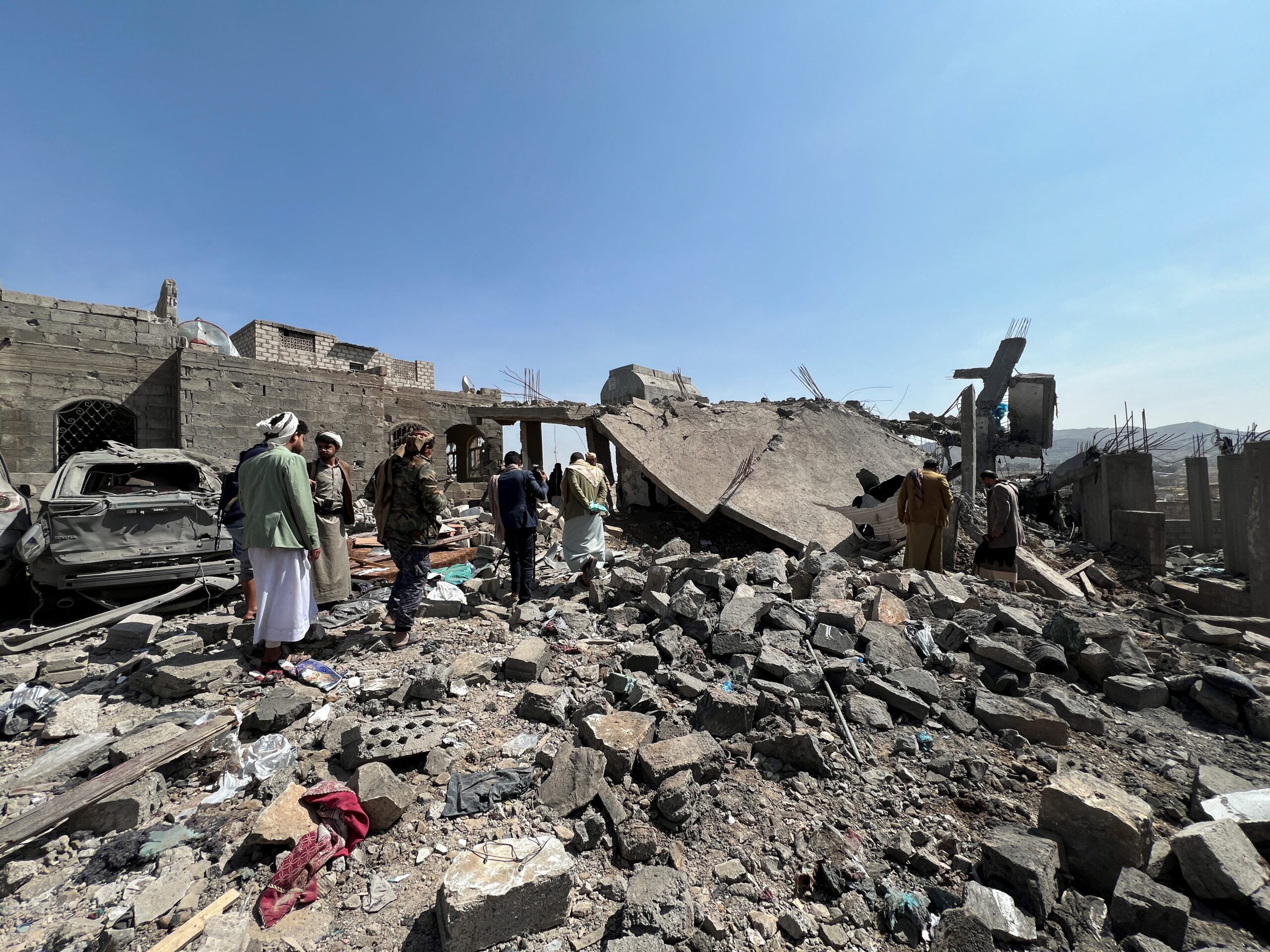

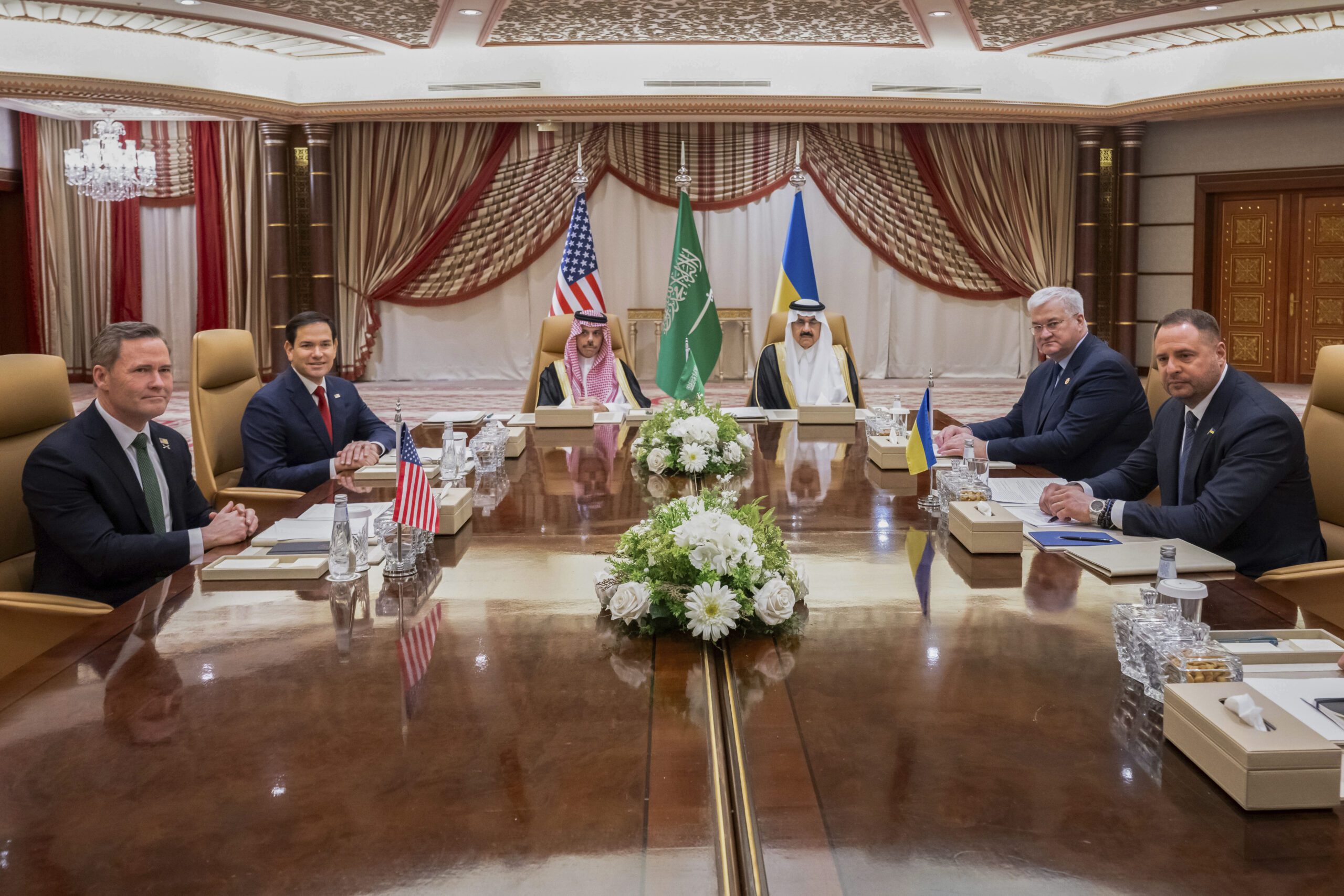

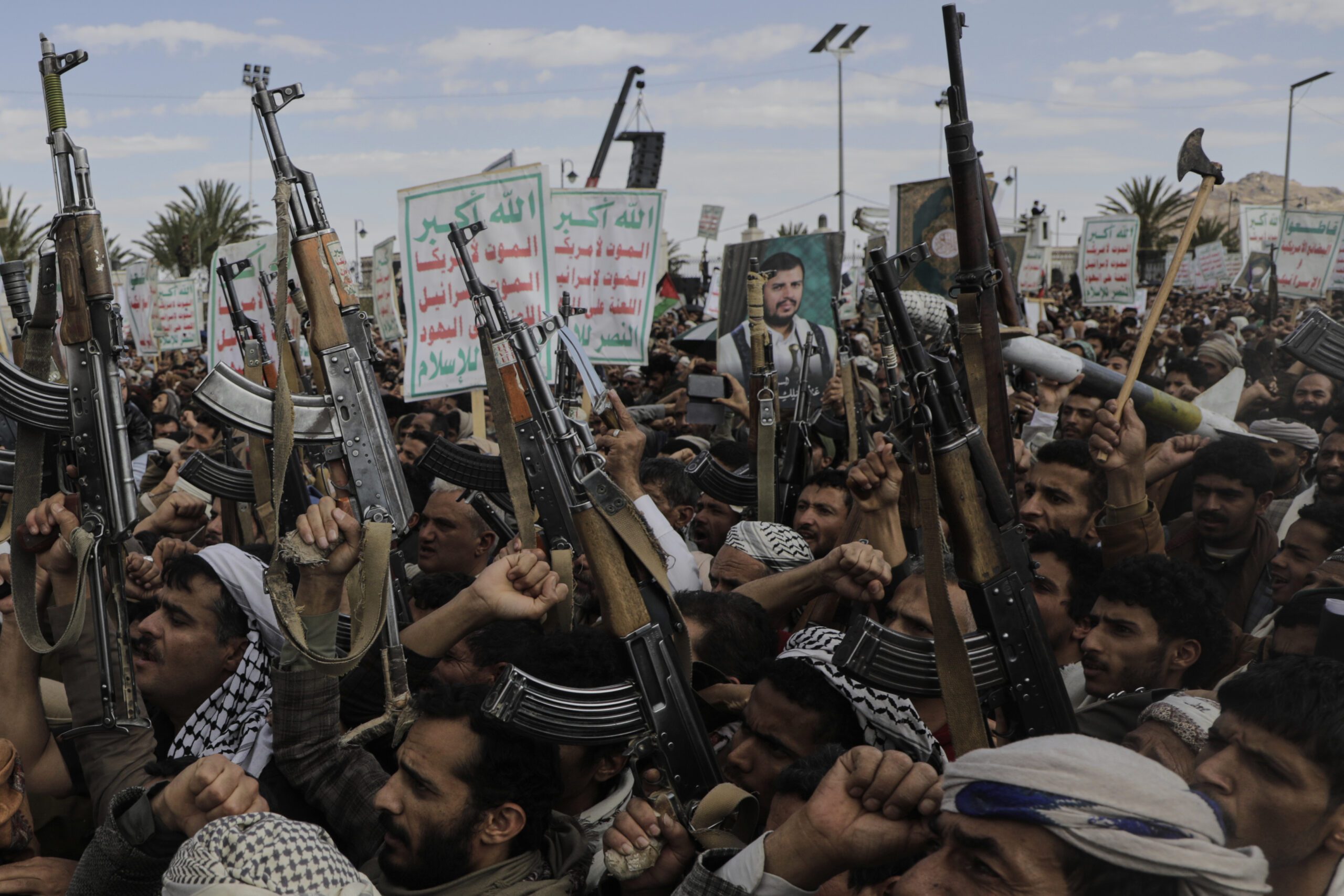

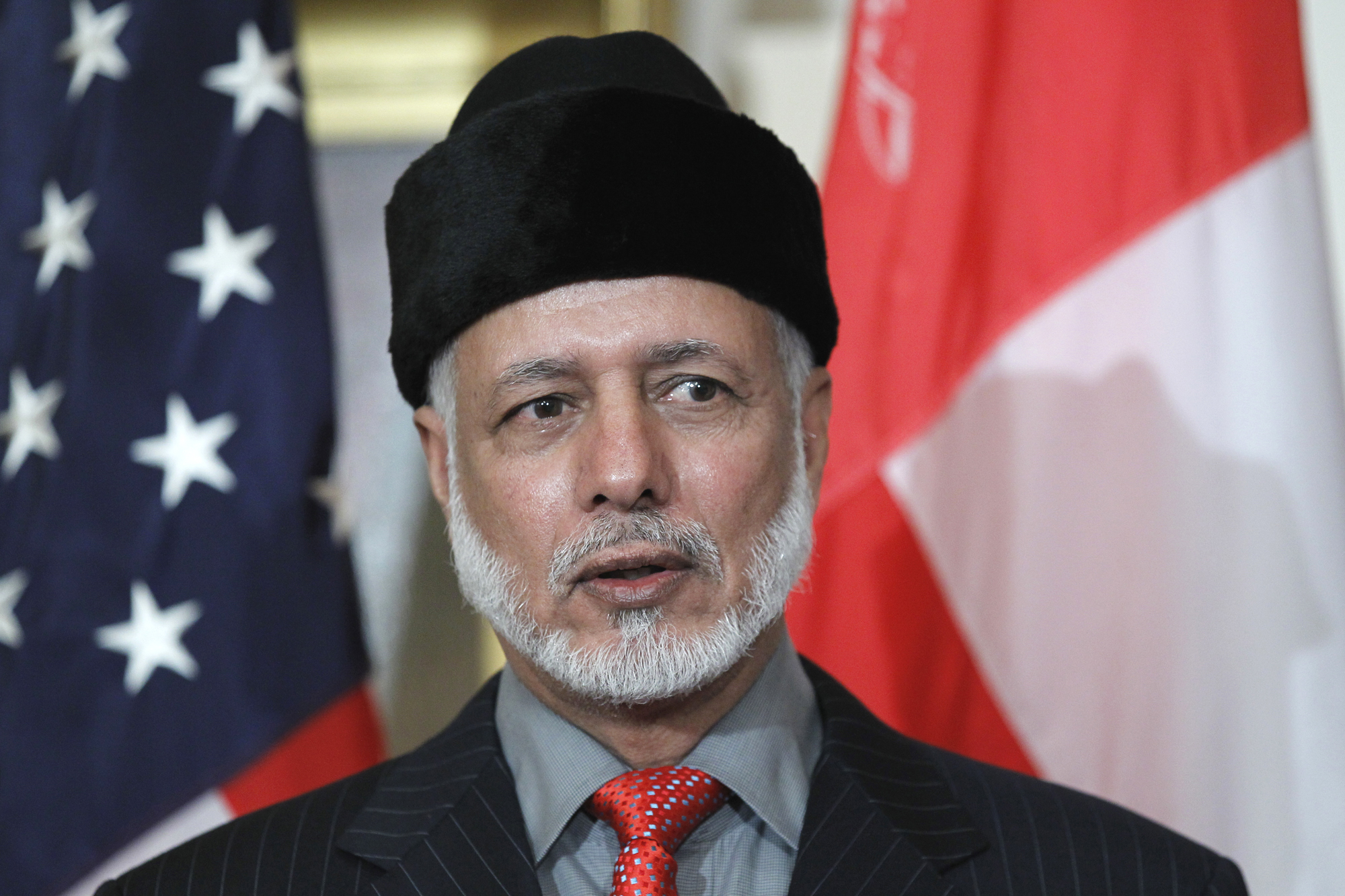
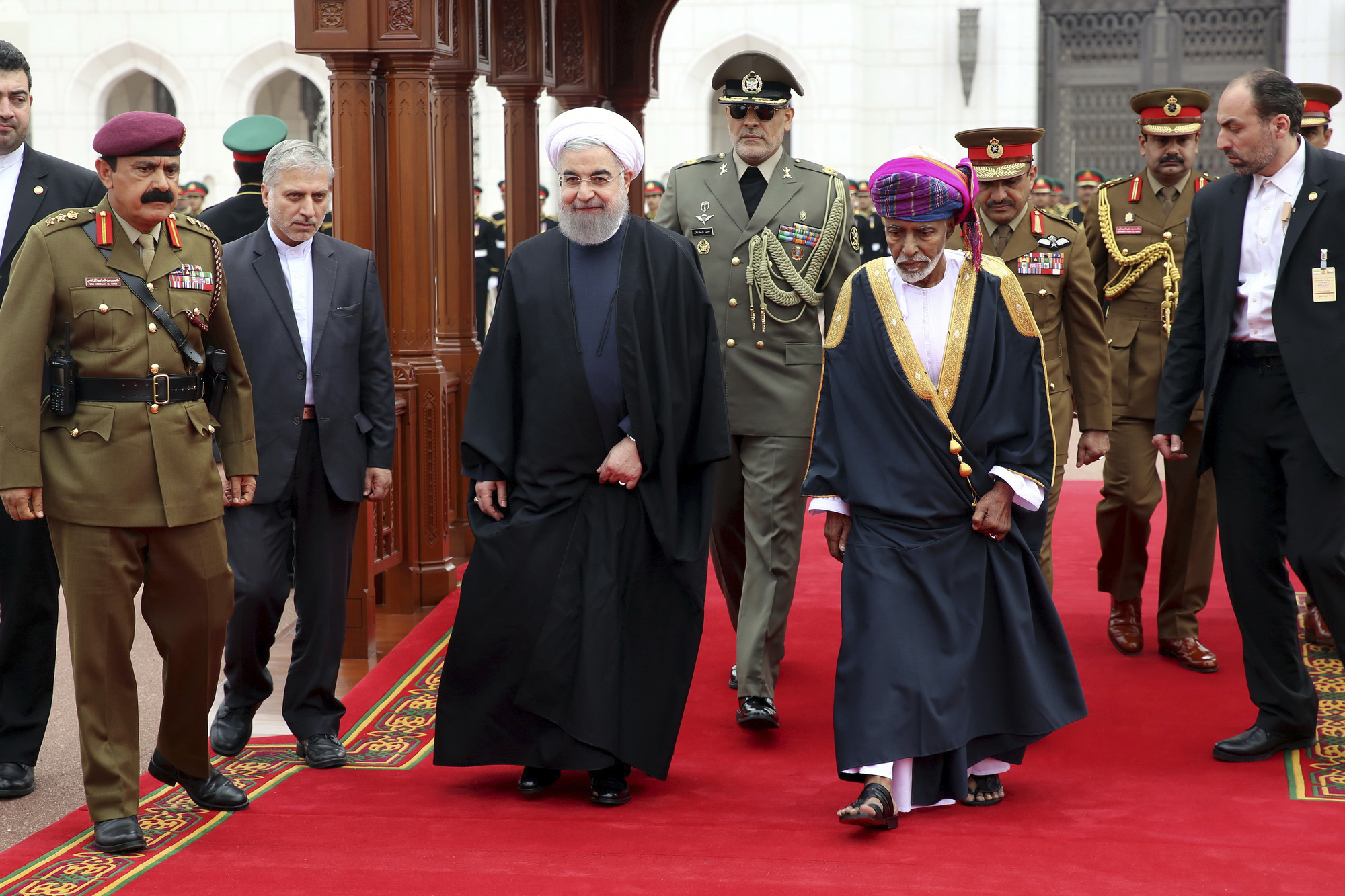
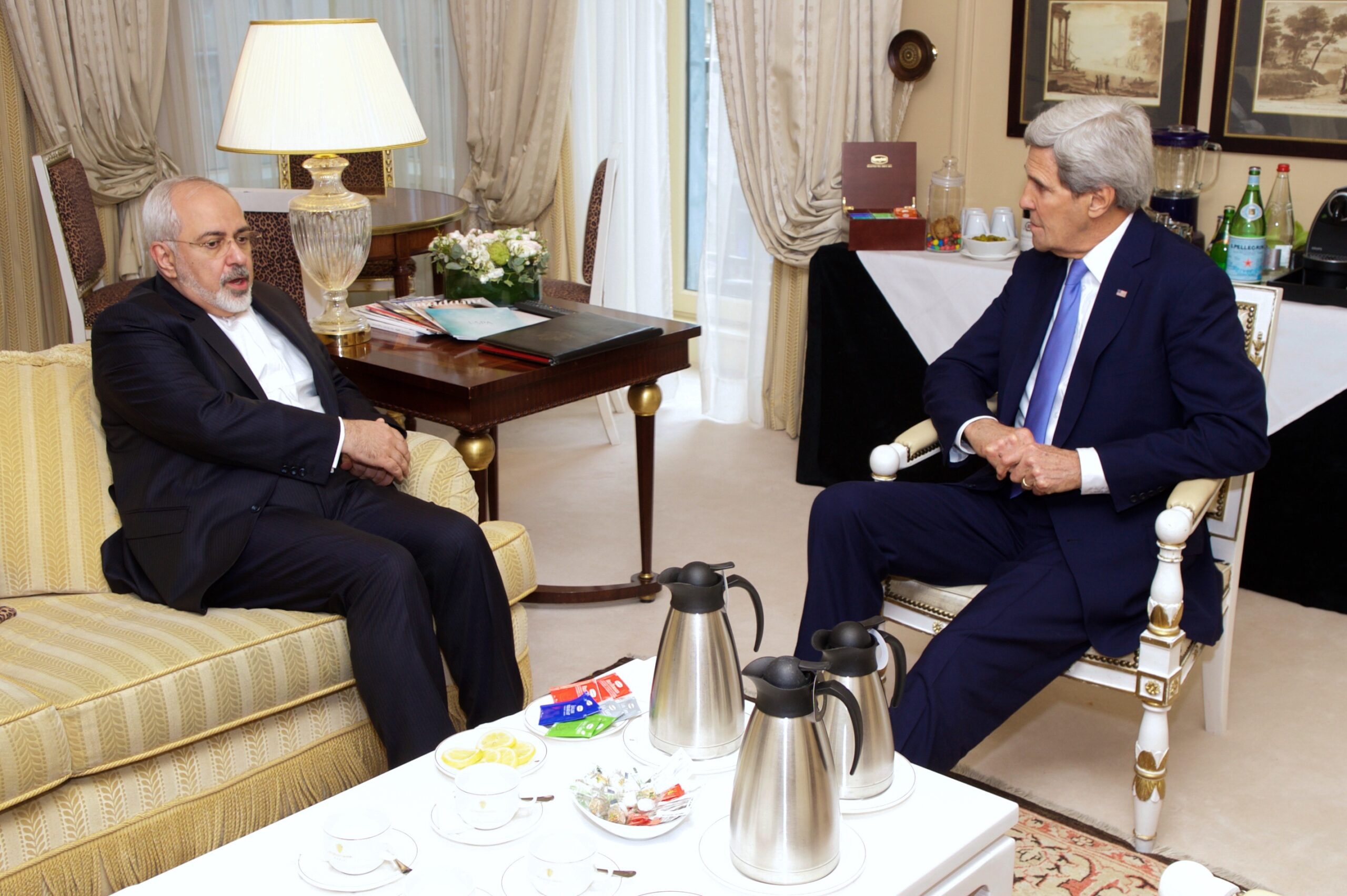

Apr 24, 2016
Yemen’s warring sides finally met at talks, but what’s next?
In anticipation of UN-sponsored peace talks in Kuwait, UN spokesman Stephane Dujarric confirmed that Yemen’s Houthi movement would participate after receiving assurances that pro-government forces would respect a ceasefire. The warring parties have already engaged in substantive confidence-building measures, which include to stop fighting along the border with Saudi Arabia, where the Houthi rebels’ stronghold...
4 min read